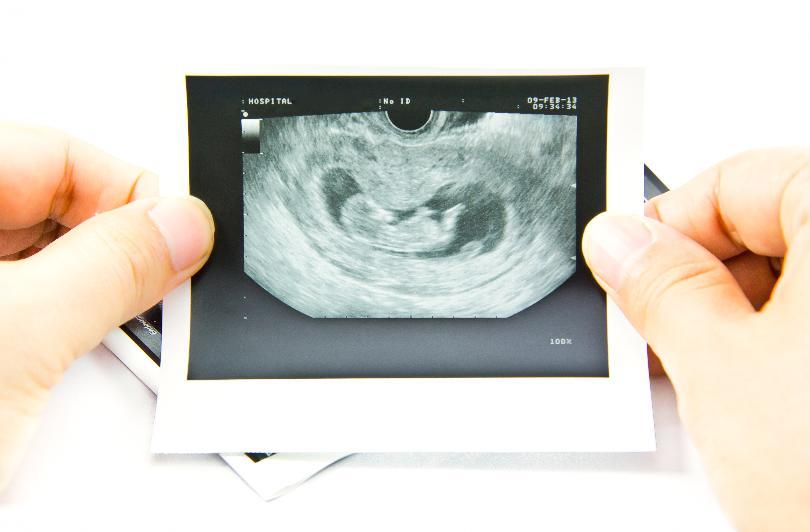Contents:
- Medical Video: Why are Diabetes and Depression Linked? | Sherita Golden, M.D., M.H.S.
- Is it true that diabetes can be a cause of depression?
- What causes diabetics to get depressed?
- What are the symptoms of depression to watch out for?
- Overcome depression due to diabetes in this way
Medical Video: Why are Diabetes and Depression Linked? | Sherita Golden, M.D., M.H.S.
Many diabetic patients are found to be depressed because their condition does not heal. Some even found suicide due to diabetes experienced. Is it true, diabetes can be a cause of depression?
Is it true that diabetes can be a cause of depression?
Patients treated for type 2 diabetes experience symptoms of depression higher than the general population and experts recommend treating both conditions at the same time. Even diabetics with mild to moderate symptoms should be aware of the occurrence of depression and anyone with a history of depression should be examined for diabetes.
According to the Center for Disease Control and Prevention (CDC), diabetes can double a person's risk of depression. It is still unclear why this can happen. The CDC believes that this can be caused either by psychological stress which is the cause of depression or because of the metabolic effects of diabetes on brain function. Or, it is possible that people with depression are more likely to develop diabetes. This condition is a condition that is interconnected and difficult to ascertain.
There are many reasons why the relationship between diabetes and depression is so important. Symptoms of depression often make diabetes more difficult to manage and studies show that people with diabetes who have symptoms of depression often have higher blood glucose levels than non-depressed patients. In addition, according to a study in 2011, patients who had both had a percentage of 52 percent more likely to suffer a heart attack or stroke.
What causes diabetics to get depressed?
It is currently unclear whether the causes of depression are caused by poor diet (and high blood glucose), or because of demands for treatment and treatment of diabetes.
Apparently, both diseases are caused and affected by the same risk factors, such as family history, obesity, hypertension, physical inactivity, and coronary artery disease.
Recently, researchers have begun to look for more evidence about the relationship between diabetes and depression, and whether a decrease in blood volume to the brain (possibly because of damage from diabetic neuropathy or blocked blood vessels) is the cause.
The latest study investigating this theory, including a 2008 study published in the American Journal of Psychology Geriatric, found that, "Diabetes is associated with increased brain atrophy and poor motor function at 60-64 years of age, depression, vascular risk, and disease small blood vessels in the brain. "
Experts know for sure that poor treatment of diabetes can mimic the symptoms of depression. For example, blood glucose that is too high or too low can cause a person to become anxious, nervous, and have low enthusiasm. Likewise with glucose or low blood sugar, this can cause diabetics to feel very hungry and have a tendency to overeat.
What are the symptoms of depression to watch out for?
Only dealing with chronic diseases such as diabetes and its complications can make you feel uncomfortable, especially when added to depression. If you feel depressed, sad, and don't improve in a few days, you may suffer from depression. Find out about some of the following symptoms of depression and consult your doctor:
- No longer find pleasure in activities or hobbies that you have enjoyed
- Experience insomnia or even too much sleep
- Loss of appetite or overeating
- Inability to concentrate
- Feel lethargic
- Feeling anxious or nervous all the time
- Feeling isolated and alone
- Feel sad in the morning
- The feeling that you "have never done anything right"
- Have suicidal thoughts
- Torture yourself
If you suffer from symptoms of depression, please contact your specialist or general practitioner who can recommend you with a therapist or psychologist.
Overcome depression due to diabetes in this way
Recognizing the risks and symptoms of depression is the first step to treatment. First, discuss your situation and symptoms with your primary doctor. Later the doctor will refer you to a mental health expert to consult. Treatment usually involves psychotherapy or some form of counseling or antidepressant medication.
Meanwhile, there are things you can do to help relieve your symptoms of depression, such as increasing physical activity. Each form of exercise tends to make you feel better, at least in the short term, because of the release of endorphins in the brain.
These brain chemicals have been shown to help reduce symptoms of depression. Increasing your physical activity also has many health benefits for people with diabetes, such as weight loss, and body mass, lowering blood glucose levels, and increasing energy and stamina.
Other steps that can help relieve depression include being more proactive about diabetes management. Know information about your illness. Increase monitoring of your blood glucose levels. Ask for additional support from family and friends. Also, avoid caffeine, drugs and alcohol, and keep your sleep schedule for adequate rest.














